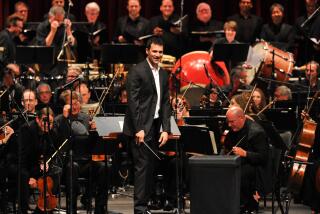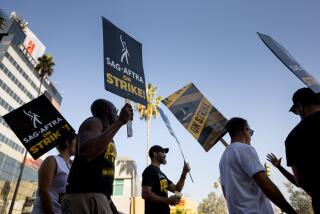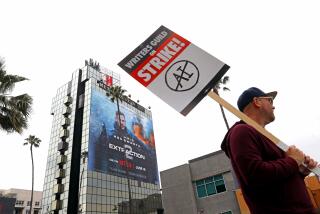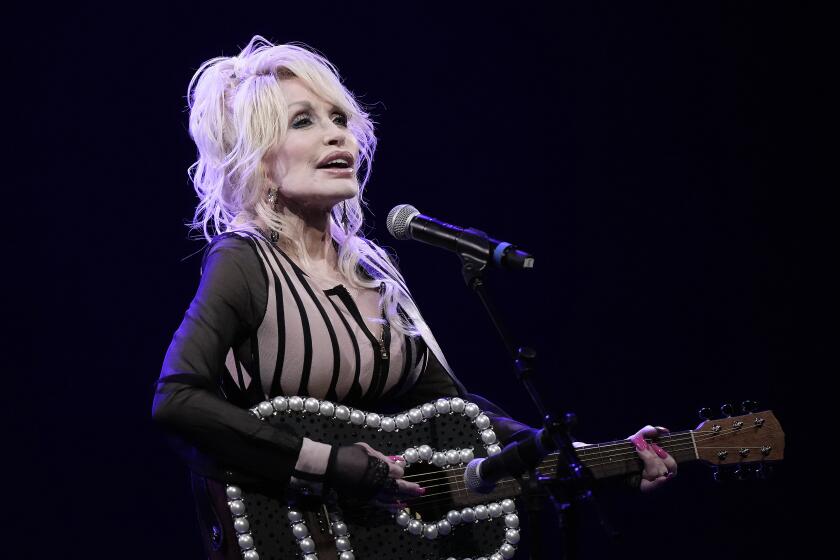Labels, Webcasters Reportedly Reach Deal
- Share via
Record labels and small Internet radio stations reached a long-awaited agreement Sunday that calls for significantly lower royalty payments for online music broadcasts, sources close to the negotiations said.
Unless Congress changes the law quickly to implement the deal, however, these Webcasters will have to pay three years of back royalties Oct. 20 at the full rate set by the librarian of Congress. That rate--0.07 cent per song per listener, or $92 per listener per year for an all-music station--could drive many small Webcasters out of business.
The agreement Sunday came in response to pressure from leaders of the House and Senate judiciary committees, who are expected to take the lead in trying to implement a compromise through legislation. Lawmakers have been heavily lobbied by small Webcasters who fear that their industry will be destroyed if they are forced to pay high royalty rates.
The deal offers no relief to large Webcasters, such as Yahoo Inc.’s Santa Monica-based subsidiary Launch, or mid-size ones such as Radio Free Virgin in Los Angeles or Live365 in Foster City, Calif. Negotiations last week between the labels and large Webcasters on a long-term deal failed to bear fruit, despite signs of progress.
Sources on both sides of Sunday’s deal, who spoke on the condition of anonymity, said it was a two-year agreement that calls for Webcasters to pay back and future royalties equal to 8% to 12% of their revenue or 5% to 7% of their expenses, whichever was higher.
The deal, which also would let back royalties be paid in installments, initially applies only to Webcasters with less than $1 million in revenue.
One potential sticking point for the small Webcasters’ deal is payments to artists. Today, the labels are bound by contract to pay about half of the Webcasting royalties directly to performing artists. Some artists’ unions and trade groups are insisting that any legislation for small Webcasters should also mandate direct payments to artists, but the labels have not agreed to such a provision.
The artists unions flexed their muscles last week, lining up top Democrats to oppose a bill to delay Webcasting royalty payments for six months. The sponsor, House Judiciary Committee Chairman F. James Sensenbrenner Jr. (R-Wis.), withdrew the bill, avoiding almost certain defeat on the House floor.
Sensenbrenner is expected to take a bill implementing the deal to the House floor as early as today.
The proposed rate for small Webcasters is higher than the percentage of revenue that cable and satellite TV companies pay for their digital broadcasting services. Still, it would generate significantly smaller royalties than the 0.14 cent per song originally proposed by a federal arbitration panel, the source said.
The librarian of Congress cut the panel’s proposal in half, but small Webcasters still pleaded for a percentage-of-revenue deal that would take into account the slumping advertising market. Large Webcasters favored a per-song royalty but were eager for a lower rate.
More to Read
The biggest entertainment stories
Get our big stories about Hollywood, film, television, music, arts, culture and more right in your inbox as soon as they publish.
You may occasionally receive promotional content from the Los Angeles Times.











